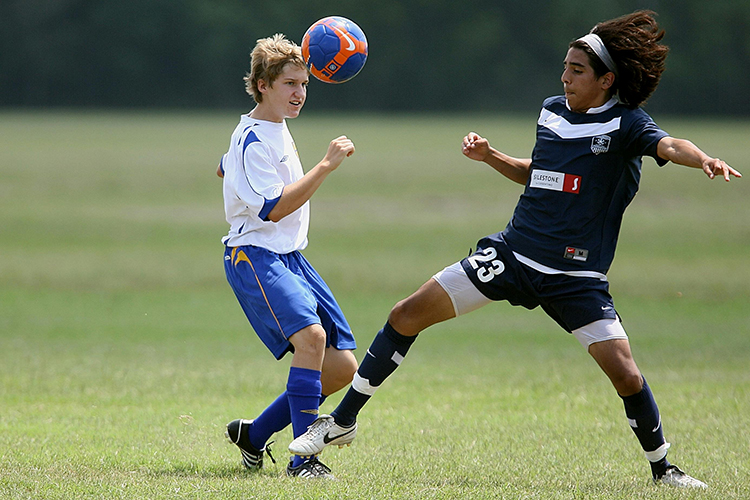Importance of Youth Sports Development:
Participation in youth sports offers numerous physical, social, and psychological benefits for children and adolescents. Here are some key aspects highlighting the importance of youth sports development:
-
Physical Health:
- Regular physical activity through sports helps maintain a healthy weight, promotes cardiovascular health, and enhances overall physical fitness.
-
Skill Development:
- Youth sports provide an opportunity for skill development, including motor skills, coordination, and sport-specific techniques.
-
Social Skills and Teamwork:
- Team sports foster collaboration, communication, and teamwork, helping young athletes develop crucial social skills.
-
Discipline and Goal Setting:
- In sports, youth learn discipline, time management, and goal-setting – skills that translate into various aspects of life.
-
Confidence and Self-Esteem:
- Success and improvement in sports contribute to increased self-esteem and confidence, positively impacting a child's self-image.
-
Sportsmanship and Character Building:
- Youth sports teach values like sportsmanship, fair play, and respect for opponents, laying the foundation for strong character.
-
Stress Relief and Mental Health:
- Physical activity in sports serves as a stress reliever, and the social aspect of team sports can positively impact mental health.
Resources for Parents, Coaches, and Young Athletes:
For Parents:
-
National Alliance for Youth Sports (NAYS):
- Website: NAYS
- NAYS offers resources for parents, including articles on sports parenting, positive coaching techniques, and information on various youth sports programs.
-
Positive Coaching Alliance (PCA):
- Website: Positive Coaching Alliance
- PCA provides resources to help parents support their young athletes, emphasizing positive coaching methods and fostering a positive sports culture.
-
American Academy of Pediatrics (AAP):
- Website: AAP HealthyChildren.org
- AAP's HealthyChildren.org has a section on sports safety, guidance on choosing the right sport, and advice for parents on supporting young athletes.
For Coaches:
-
Coaching Association of Canada:
- Website: Coaching Association of Canada
- This resource provides coach education and training programs, ensuring coaches have the necessary skills to guide young athletes.
-
USA Football:
- Website: USA Football
- USA Football offers coaching resources, including certifications and educational materials focusing on the development of young football players.
-
Positive Coaching Alliance (PCA) for Coaches:
- Website: PCA for Coaches
- PCA offers a blog with articles, tools, and insights specifically designed for coaches seeking to create a positive and supportive sports environment.
For Young Athletes:
-
KidsHealth - Sports and Exercise Safety:
- Website: KidsHealth
- KidsHealth provides information for young athletes on sports safety, nutrition, and tips for staying healthy while participating in sports.
-
The National Institute for Fitness and Sport (NIFS) - Youth Fitness Programs:
- Website: NIFS Youth Programs
- NIFS offers youth fitness programs designed to develop physical literacy and fundamental movement skills.
-
Fuel Up to Play 60:
- Website: Fuel Up to Play 60
- Supported by the NFL and the National Dairy Council, this program encourages young athletes to make healthy choices and stay active.
Balancing Academics and Sports:
-
Time Management:
- Teach young athletes the importance of managing their time effectively to balance both academics and sports commitments.
-
Prioritization:
- Help them prioritize tasks, set goals, and understand the significance of both academic and athletic achievements.
-
Communication:
- Encourage open communication between coaches, parents, and teachers to ensure everyone is aware of the demands on the young athlete's time.
-
Support Systems:
- Foster a supportive environment at home and at school where academics are valued alongside sports accomplishments.
-
Flexibility:
- Recognize that there may be times when academic demands take precedence, and sports schedules may need to be adjusted accordingly.




Comments (0)